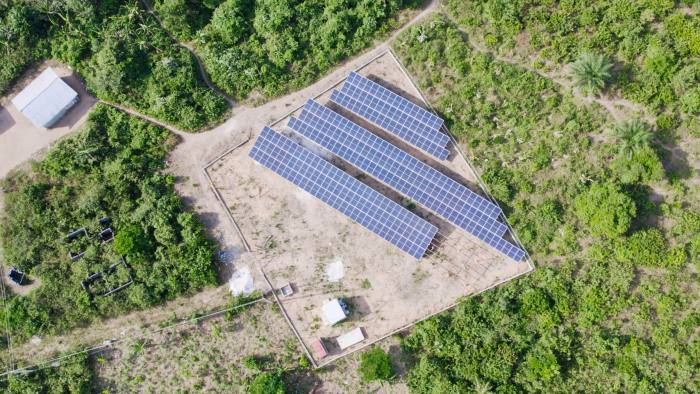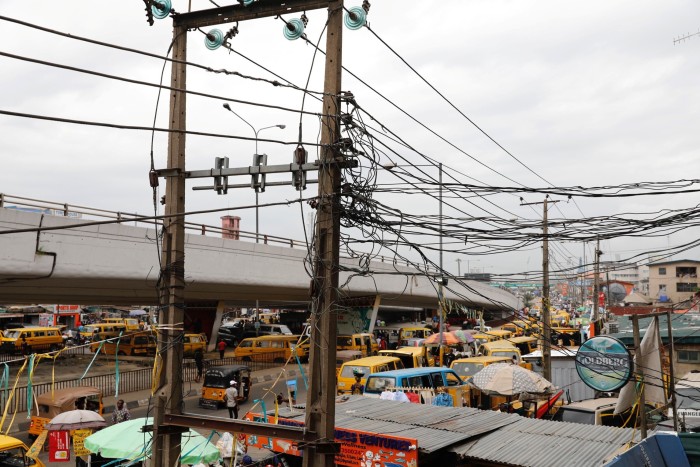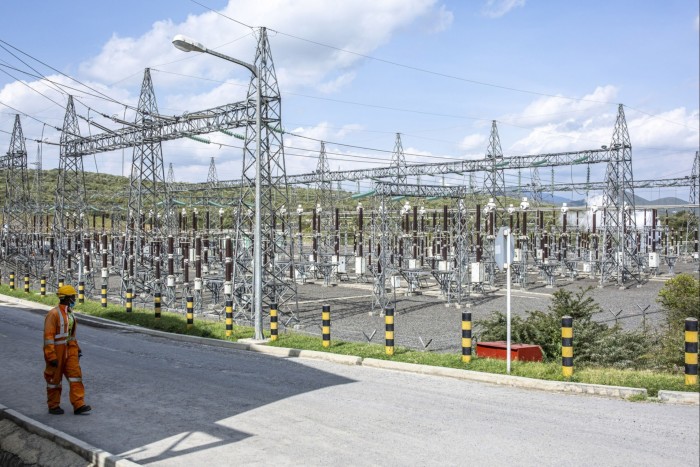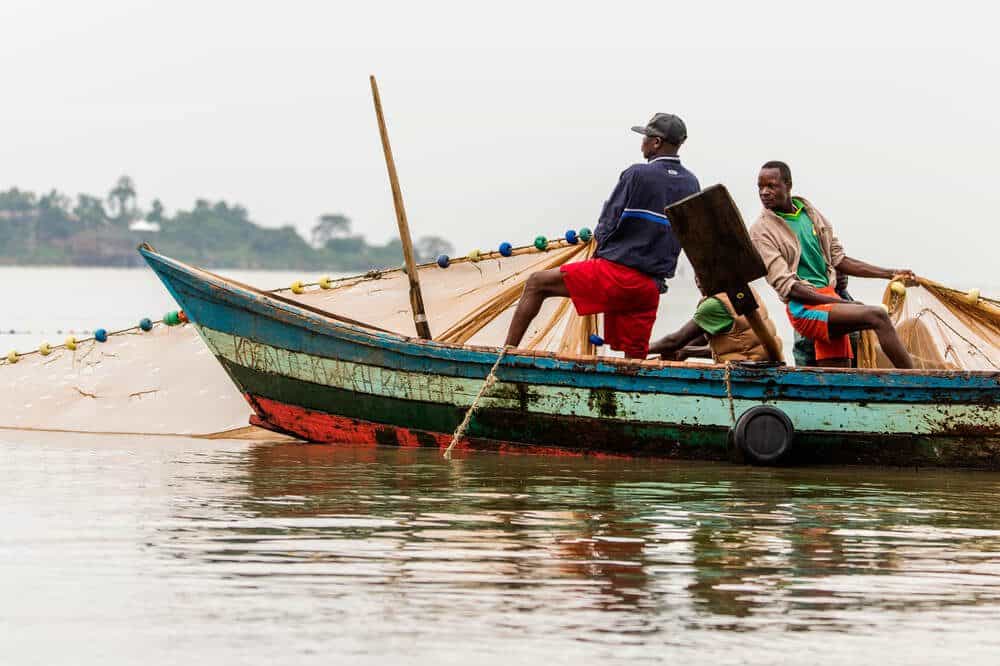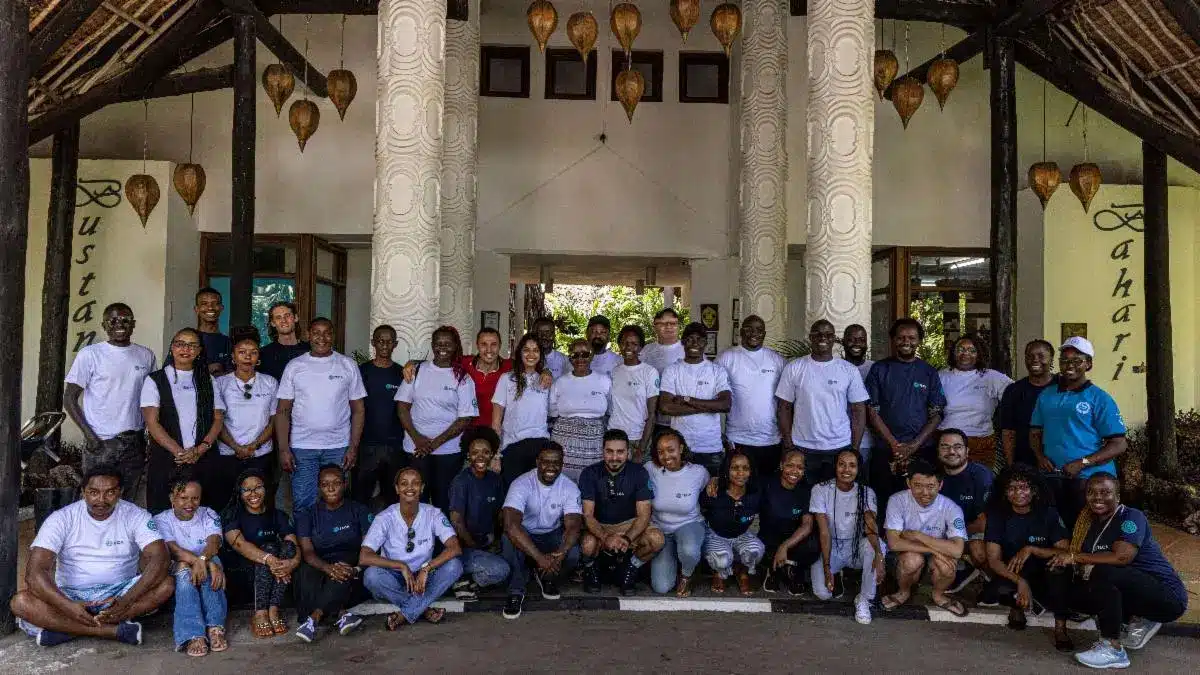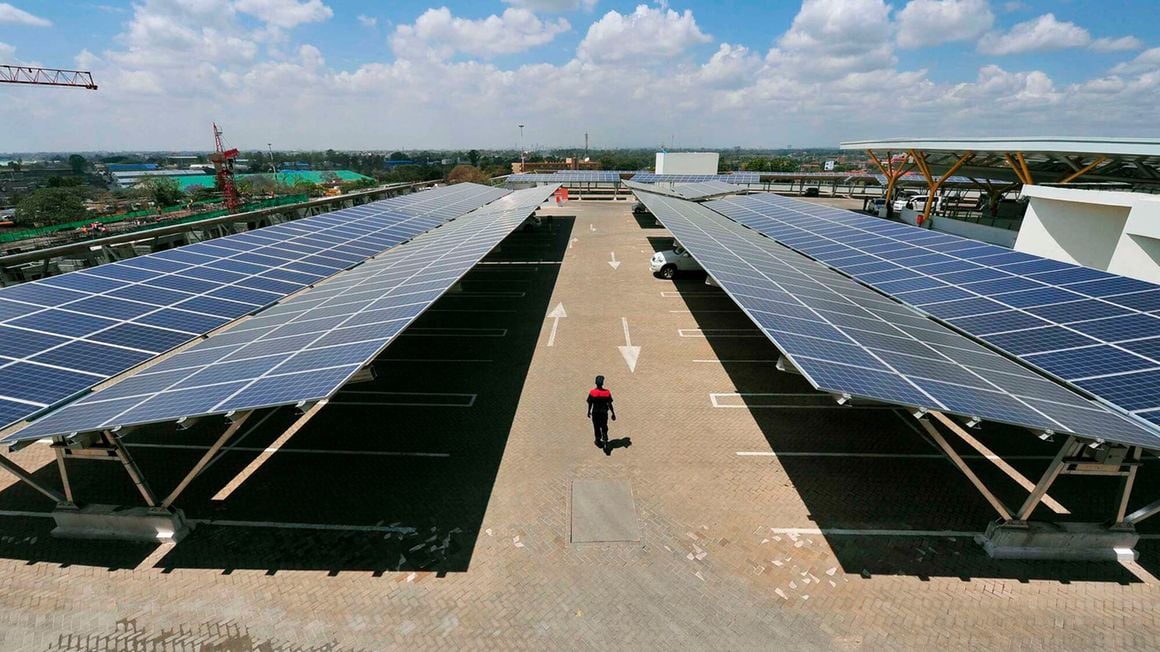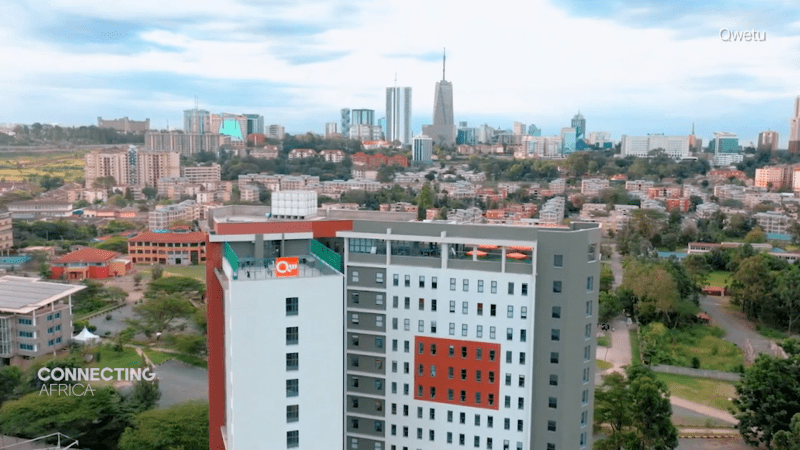AfricArena’s much-anticipated annual report says climate-tech can be grouped into three broad sectors of impact: directly mitigating or removing emissions, helping us to adapt to the impacts of climate change, and enhancing our understanding of the climate.
These products or services usually fall within sectors such as agri-technology, afforestation, carbon capture, trade and reporting, geo-engineering, bio-technology, built environments, and nature-based solutions.
In 2021, investments in climate-tech surged globally to $87.5 billion dollars from a low of $28 billion in the second half of 2020, according to a report by PwC. The US climate-tech firms raised the largest share, followed by Europe and China. Most of the capital funding growth targeted climate-tech-based businesses that had impacts in cutting carbon emissions through renewable energy and electric vehicle products and services.
However, as the report states, there has been a decrease in the number of deals being signed off with climate-tech based start-ups due to the pressures of the global economy with risks of a suggested recession on the horizon.
Venture capital firms and investors have thus invested into the safety and stability of well-established climate-tech businesses in their growth stages of funding, such as Northvolt, TeraWatts, PerraPower, Climeworks, and EnergyX. According to HoloniQ’s Climate Tech 2022 report, 83 climate-tech-based unicorns took 80% of the funding.
Despite this, there are still many climate-tech start-ups in Africa that are bettering the world through sustainable technologies. One example is M-Kopa Solar, a Kenyan start-up that provides affordable and clean energy to people living off-grid. Another example is Solar Freeze, a Kenyan company that provides off-grid solar-powered refrigeration to smallholder farmers in Africa. These start-ups are helping to address the energy needs of people in rural areas, where electricity is often unreliable or unavailable.
SunCulture, a Kenyan company, produces solar-powered irrigation systems for smallholder farmers. These systems allow farmers to irrigate their crops more efficiently and effectively, reducing water usage and increasing crop yields. Sun Culture has also developed a financing model that allows farmers to pay for the systems over time, making them more affordable and accessible.
Another promising African climate-tech start-up is Ecoligo, a company that provides solar energy solutions to small and medium-sized enterprises (SMEs) in emerging markets. Ecoligo offers a financing model that allows SMEs to install solar energy systems with no upfront cost, paying for them over time through the savings generated by the system.
This makes solar energy more accessible and affordable for SMEs, which often struggle to secure financing for such projects.
Economic opportunities
These start-ups, and many others like them, are not only addressing the urgent need to address climate change but also creating economic opportunities in Africa. It is clear that climate technology has moved well beyond a proof of concept and offers investors significant financial returns and the opportunity for outsized environmental and social impact. Climate-tech is now an asset class that presents a major commercial opportunity.
However, it is important to note that there is still much work to be done to channel this investment appropriately. There is a need to ensure that climate-tech investment is channelled towards sustainable technologies that have a real impact on reducing emissions and mitigating climate change.
Moreover, there is a need to ensure that these technologies are accessible and affordable for people in developing countries, where the impacts of climate change are often felt most severely.
In conclusion, the State of Tech in Africa report on climate change provides valuable insights into the challenges and opportunities facing the continent in the fight against climate change. While Africa faces unique challenges due to its geography, socioeconomic factors, and limited technological infrastructure, the report highlights how technology can be leveraged to mitigate the impacts of climate change and build a more sustainable future.
It is clear that African governments, businesses, and individuals must work together to adopt and implement innovative solutions that address the complex issues related to climate change. The report emphasises the importance of investing in renewable energy, promoting sustainable agriculture, and creating resilient infrastructure to adapt to changing climate conditions.
As we move forward, it is essential to recognise that climate change is not just an environmental issue but also a social, economic, and political challenge. Therefore, we must prioritise collaboration and collective action to ensure a sustainable future for the continent.
The State of Tech in Africa 2023 report – and its specific analysis on climate change – serves as a wake-up call for all of us to take action and make a positive impact on the world. We must embrace the power of technology to drive innovation and create solutions that benefit both people and the planet. With the right mindset and a concerted effort, we can build a brighter future for Africa and the world as a whole.
Read original article


